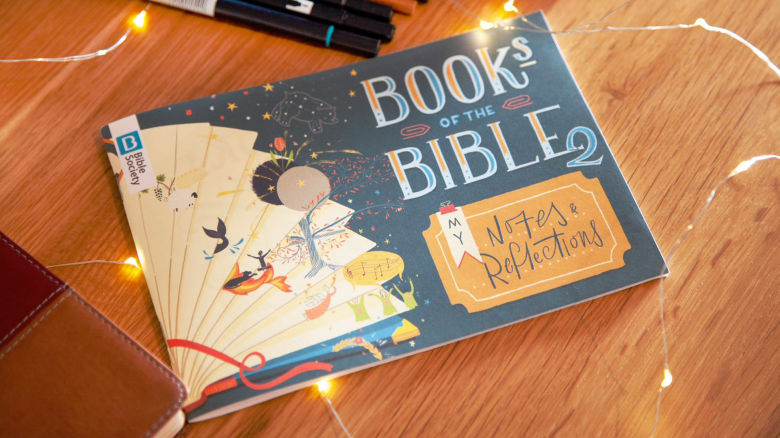The story of Jonah is one of the best loved in the Old Testament. God called Jonah to prophesy to the people of Nineveh, the capital of Assyria, and call them to repentance. Jonah was reluctant, to say the least, and fled in the opposite direction. God caused a storm to arise so that, eventually, Jonah recognised he needed to be thrown overboard. This caused the storm to cease and Jonah to be swallowed by a large fish. In the belly of the fish Jonah prayed to God for help. The fish regurgitated Jonah and he continued on to Nineveh where he called the people to repentance. They repented and Jonah was angry with God. Outside the city he sat down and waited for God to wreak vengeance on the city; however, the people repented. Jonah was angry and remonstrated with God. God caused a plant to grow to shadow him from the sun and then killed it. Jonah was angry again. The book ends with a question from God to Jonah about whether he was right to be merciful or not.
'I am a Hebrew,' he replied. 'I worship the Lord, the God of heaven, who made the sea and the dry land.' (Jonah 1.9)
5The waters closed in over me; the deep surrounded me; weeds were wrapped around my head 6at the roots of the mountains. I went down to the land whose bars closed upon me forever; yet you brought up my life from the Pit, O Lord my God. (Jonah 2.5–6)
10Then the Lord said, 'You are concerned about the bush, for which you did not labour and which you did not grow; it came into being in a night and perished in a night.
11And should I not be concerned about Nineveh, that great city, in which there are more than a hundred and twenty thousand persons who do not know their right hand from their left, and also many animals?' (Jonah 4.10–11)
The tricky element of this book is how to read it. It has various features that feel like a fairy tale: a miraculous storm; a fish large enough to swallow someone but keep them alive; a miraculous plant that grows and dies in a night. At the same time the story has a lot of elements that ring true, especially Jonah’s reluctance to do what God asks and his anger that God didn’t smite the people of Nineveh.
No one knows
Nothing
No one can even agree when Jonah was written. Some think it is early (around the time of the eighth century BC); others that it is much later (in the fifth century BC, so after the return from exile). If the later fifth century date is right (which it may not be), the added wrinkle is that Nineveh was destroyed in the seventh century BC, in other words, two centuries earlier. This would add another spin to the story.
Hard to say as it is hard to work out when it was either set or written.
Prophecy with a twist. This is a story about a prophet (a bit like those found in 1 and 2 Kings). The twist is that Jonah was a terrible prophet – reluctant, grumpy and easily upset. In contrast, the people (all non-Israelites) with whom he engaged behave impeccably, from the sailors on the ship to Tarshish, to the cows in Nineveh. As such it throws up multiple questions for us to reflect on.
1.1–17 Jonah’s call and flight
2.1–10 Jonah’s prayer from the belly of a fish
3.1–10 Jonah’s reluctant message of repentance
4.1–11 Jonah’s lesson about the goodness of God
There will be some names you may not know; don’t worry if you can’t place them all. The key ones are given below.
Nineveh, Tarshish
Idols, Sheol
What God told Jonah to say and what he actually said.
The multiple moments of comedy throughout the book.
The deep questions about mercy and forgiveness beneath the entertaining exterior.
One of the themes of Jonah is what happens when we disagree with God, especially when God is merciful and we would like him not to be. Reflect on who you would find it hard for God to forgive.

Here are 8 handy tips to get your book club up and running.

Here are some ideas to get you started.

Unsure of the meaning of a word or phrase in the Bible? Check our glossary of terms.
Books of the Bible journal: 2nd Edition
Journey through the Bible, one book at a time, with the 2nd edition of our Books of the Bible journal.
